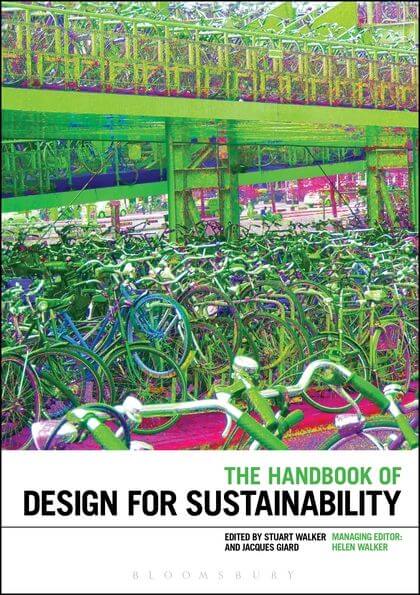The Handbook of Design for Sustainability

by Dennis P. Doordan
ABSTRACT
Developing theory capable of supporting sustainable design requires working across a broad spectrum of disciplines. Different approaches to theory building are described. In one theory is grounded in the rational empirical worldview of modern science and seeks to construct models that describe and predict performance in order to manage with greater efficiency the flow of matter and energy through environmental systems. An alternate approach, based on a foundational critique of the status quo that links sustainability to promoting human wellbeing rather than enhancing the efficiency of technical systems, conceptualizes theory as disciplined imagination employed to envision a fundamentally different and sustainable culture. The chapter concludes with a discussion of transition theory. Transition theory’s emphasis on the co-evolution of systems, shared learning among diverse stakeholders in those systems and participatory design efforts is the antithesis of a top-down, control and command systems of planning.
KEYWORDS: Planetary Boundaries, Original Green, Life Cycle Analysis, Co-evolution, Transition Theory
BIOGRAPHICAL NOTE
Dennis P Doordan is Co-Editor of Design Issues and a Professor in the School of Architecture at the University of Notre Dame where he is currently the Associate Dean of Research, Scholarship and Creative Work. He has published books and articles on a wide variety of topics dealing with modern and contemporary architecture and design. His research interests include political themes in architecture and design, the impact of new materials and the history of design. He is co-editor of the anthology The Designed World. Images, Objects, Environments
Dennis P. Doordan
University of Notre Dame
ddoordan@nd.edu